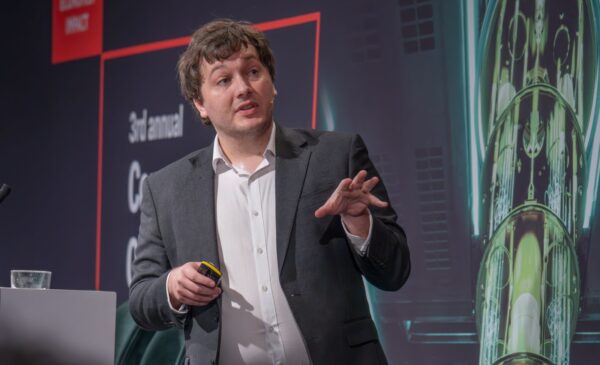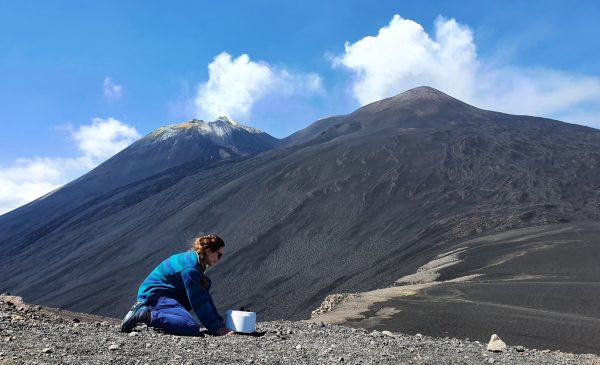In order to create resilient systems in our critical national infrastructure, we cannot allow for single point failures. And yet, our most commonly used satellite navigation system has vulnerabilities which allow exactly this. System weaknesses such as these were discussed in detail at the recent workshop on quantum sensors hosted by Chatham House in April 2021.
Attended by key figures from Government as well as the industry and scientific communities, the workshop aimed to discuss how quantum technologies and, in particular, quantum sensing could contribute to the resilience of the UK’s key services, such as communications, energy and transport networks.
It is imperative that solutions to vulnerabilities such as these are thoroughly explored, discussed, and formalised through public policy. The Presidential Policy Directive 21: Critical Infrastructure Security and Resilience is an example of this – launched in 2013, this US Directive aims to strengthen and maintain secure and resilient national infrastructure. Similar dialogues are needed within key UK audiences to facilitate policy changes in accordance with scientific innovation to ensure our technologies and systems are future-proofed.
Despite these recent discoveries around system vulnerabilities, there is still a clear disconnect between scientific experts and those sectors which are impacted. The workshop explored how to best pass to on vital knowledge to key figures within industry and government. As evidenced by the Covid-19 vaccine rollout, efficient knowledge-flow and empowerment of expert actors can have a huge impact.
There is still a perception of quantum being seen as a complex science and there is uncertainty around whether the technology is ready to be transitioned into existing systems. However, quantum sensor technology is much closer to reality than common perceptions allow. For instance, quantum brain sensing, developed by Hub researchers at the University of Nottingham, has already been exploited through to commercial availability via the recently-launched spin-out, Cerca Magnetics. Hub based sensors are just one step away from exploitation in a variety of other high impact applications.
Another theme discussed at the workshop was the need to have an integrated approach in deploying quantum sensor technology in the UK, to ensure benefits are shared among several different applications and to enable a more resilient infrastructure. An example of this is how gravity sensing will not only facilitate map-matching navigation, but will also play a part in helping to achieve zero carbon by 2050 by being deployed in carbon sequestration applications.
Deployment of quantum sensor technology is also dependent on the private and public sectors developing successful working partnerships. This is exemplified by the Hub’s principle structure – working in collaboration with industry companies to develop sensor technology, but as part of a wider Government-funded national programme.
Since the launch of the UK National Quantum Technologies Programme in 2014, much progress has been made in the UK Quantum Technology Hub Sensors and Timing in creating small, lightweight and portable quantum sensor and timing devices in collaboration with a wide range of industry partners, ensuring that the resulting technology is fit for the real world. The next step is facilitating change within policy and regulation and enable government to act as knowledgeable customer to ensure the UK’s underpinning technology is resilient and able to cope with future demands.




